Leadership and Policy InnovationFrom Clinton to Bush
Throughout the Cold War there were longstanding efforts to control the spread of Weapons of Mass Destruction (WMD) through extensive arms control, deterrence, and defense programs. Since then counterproliferation eff orts by the U.S. and international community have accelerated. Given the attention to counterproliferation in the last decade, how eff ective was the leadership provided by President Clinton and his Secretaries of Defense, Aspin, Perry and Cohen, in providing innovative and eff ective policies for countering the proliferation of WMD?
Comparing the cases of U.S.-North Korea Agreed Framework, the Nunn-Lugar Cooperative Threat Reduction Program and U.S. and U.N. eff orts in Iraq under Saddam Hussein, Joseph R. Cerami examines patterns of organizational leadership and policy innovation in the development and implementation of WMD policy initiatives. Rather than criticize the framework of American and international political institutions, this leadership perspective draws important insights on the capabilities of institutions to further U.S. and international goals and objectives in security policymaking. In doing so, the book argues that the U.S.s role and the roles of its internal government agencies are most signifi cant in international aff airs.
Smartly, and appealingly, positioned at the intersection of theory and practice, Ceramis book crafts a new perspective in international relations and public administration off ering great potential for understanding as well as designing policy innovations to counter the proliferation of WMD in the 21st century.
First published 2013
by Routledge
711 Third Avenue, New York, NY 10017
Simultaneously published in the UK
by Routledge
2 Park Square, Milton Park, Abingdon, Oxon OX14 4RN
Routledge is an imprint of the Taylor & Francis Group, an informa business
2013 Taylor & Francis
The right of Vivian Maria Vasquez and Carol Branigan Felderman to be identified as authors of this work has been asserted by them in accordance with sections 77 and 78 of the Copyright, Designs and Patents Act 1988.
All rights reserved. No part of this book may be reprinted or reproduced or utilised in any form or by any electronic, mechanical, or other means, now known or hereafter invented, including photocopying and recording, or in any information storage or retrieval system, without permission in writing from the publishers.
Trademark Notice : Product or corporate names may be trademarks or registered trademarks, and are used only for identification and explanation without intent to infringe.
Library of Congress Cataloging in Publication Data
Cerami, Joseph R.
Leadership and policy innovations, from Clinton to Bush : countering
the proliferation of weapons of mass destruction / by Joseph R. Cerami,
p. cm.
Includes bibliographical references (p. ) and index.
1. Nuclear nonproliferationGovernment policyUnited States
History. 2. Weapons of mass destructionGovernment policyUnited
StatesHistory. 3. Political leadershipUnited StatesHistory. I.
Title
JZ5675.C445 2012
327.1'7450973dc23
2012007829
ISBN13: 978-0-415-52782-8 (hbk)
ISBN13: 978-0-203-10035-6 (ebk)
Typeset in Sabon
by IBT Global.
Acknowledgement
My sincere thanks to my colleagues and students in the Bush School of Government and Public Service at Texas A&M University; the Department of National Security and Strategy at the US Army War College; the Penn State School of Public Affairs; the Army Command and General Staff College and School of Advanced Military Studies at Fort Leavenworth, Kansas; and the Department of Social Sciences at the US Military Academy at West Point. These schools are all devoted to the ideal that public service is a noble callinga calling that requires high standards to prepare educated, professional, and principled leaders to serve. I am indebted to many colleagues and friends. I have benefited from their scholarship, friendship, and continuing inspiration. Allow me to mention many here, while realizing that there are many that I am omitting. From my days on the West Point faculty sincere thanks in the formation of my strategic thinking goes to George Osborn, William Taylor, James Golden, Earl Walker, Asa Clark, Jack Reed, Don Olvey, John Oseth, John Rose, John Fairlamb, Ty Cobb, Dan Cox, Patrick Putignano, James Blackwell, William Spracher, Ed Kleckley, Don Rowe, Herb Huser, Lee Gentry, William Lowry, Richard Dunn, Andrew Krepinevich, Tom Smith, Peter Chiarelli, Jim Reed, Tom Davis, Richard Norton, Thomas Daula, Michael Ryan, Nelson Modrall, Joseph Collins, Walter Lincoln, Carl Leininger, Tom Leney, Bruce Arlinghaus, Fred Zilian, Kip Ward, Scott Rowell, Bill Bishop, George Allin, Bob Wood, Jim Bowden, Rick Saunders, Jeff McKitrick, Ken Allard, Bill Foster, John Van Vliet, Steve Strom, Bob Baldwin, Tom Fagan, John Severson, Dick Rankin, Ed Kane, Fred Black, Cliff Ripperger, Lana Speicher, Barry Scribner, Ray Lindner, Kerry Pierce, Ken Allard, Bill Foster, John Van Vliet, Steve Strom, Bob Baldwin, Tom Fagan, John Severson, Dick Rankin, Ed Kane, Fred Black, Cliff Ripperger, Lana Speicher, Barry Scribner, Ray Lindner, Kerry Pierce, Ken Allard, Bill Foster, John Van Vliet, Steve Strom, Bob Baldwin, Tom Fagan, John Severson, Dick Rankin, Ed Kane, Fred Black, Cliff Ripperger, Lana Speicher, Barry Scribner, Ray Lindner, Kerry Pierce, Steve Scroggs, Dan Kaufman, Russ Howard, Jay Parker, Reid Sawyer, Don Snider, John Nagl, Michael Meese, Cindy Jebb, and Richard Lacquement. Leavenworth classmates who enriched my understanding of military affairs and leadership include Richard Gribling, William Caldwell, David Huntoon, Mark Hertling, David Fastabend, Mel Richmond, Paul Hughes, Ed Filiberti, Ed Hoffer, Russ Glenn, Jim Rosenblatt, and Ricardo Sanchez.
From my time in doctoral studies at Penn State I especially thank faculty, staff, and students, including Jeremy Plant, Steven Peterson, Robert Bresler, Michael Barton, Carolyn Julian, Louise Morgan, Margaret DeGrange, Kate Corbin Tompkins, and Sherrie Bartell. While a graduate student at the University of Texas at Austin I greatly appreciated the scholarship, mentorship and friendship of Walt and Elspeth Rostow, Harlan Cleveland, Jack Levy, Gordon Bennett, James Roach, David Edwards, John Brennan, Steve Pipkin, Cliff Morgan, Ryan Barrilleaux and Blake Dominguez.

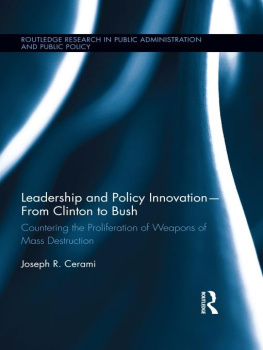

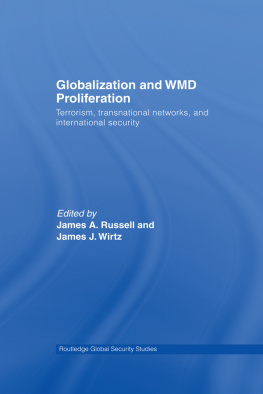
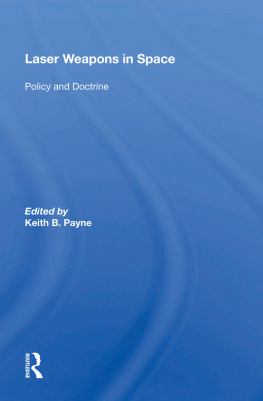
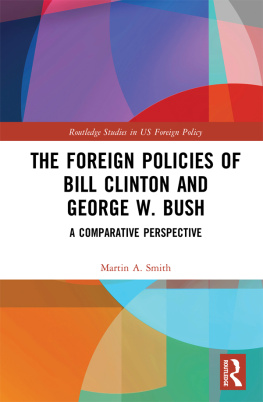
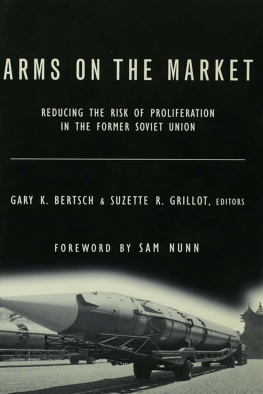
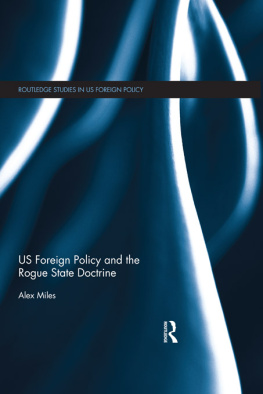

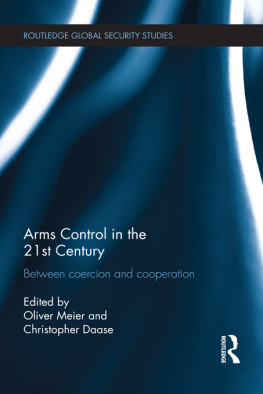
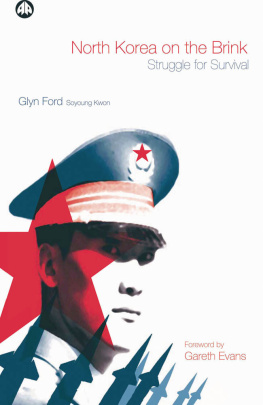
 Morl
Morl